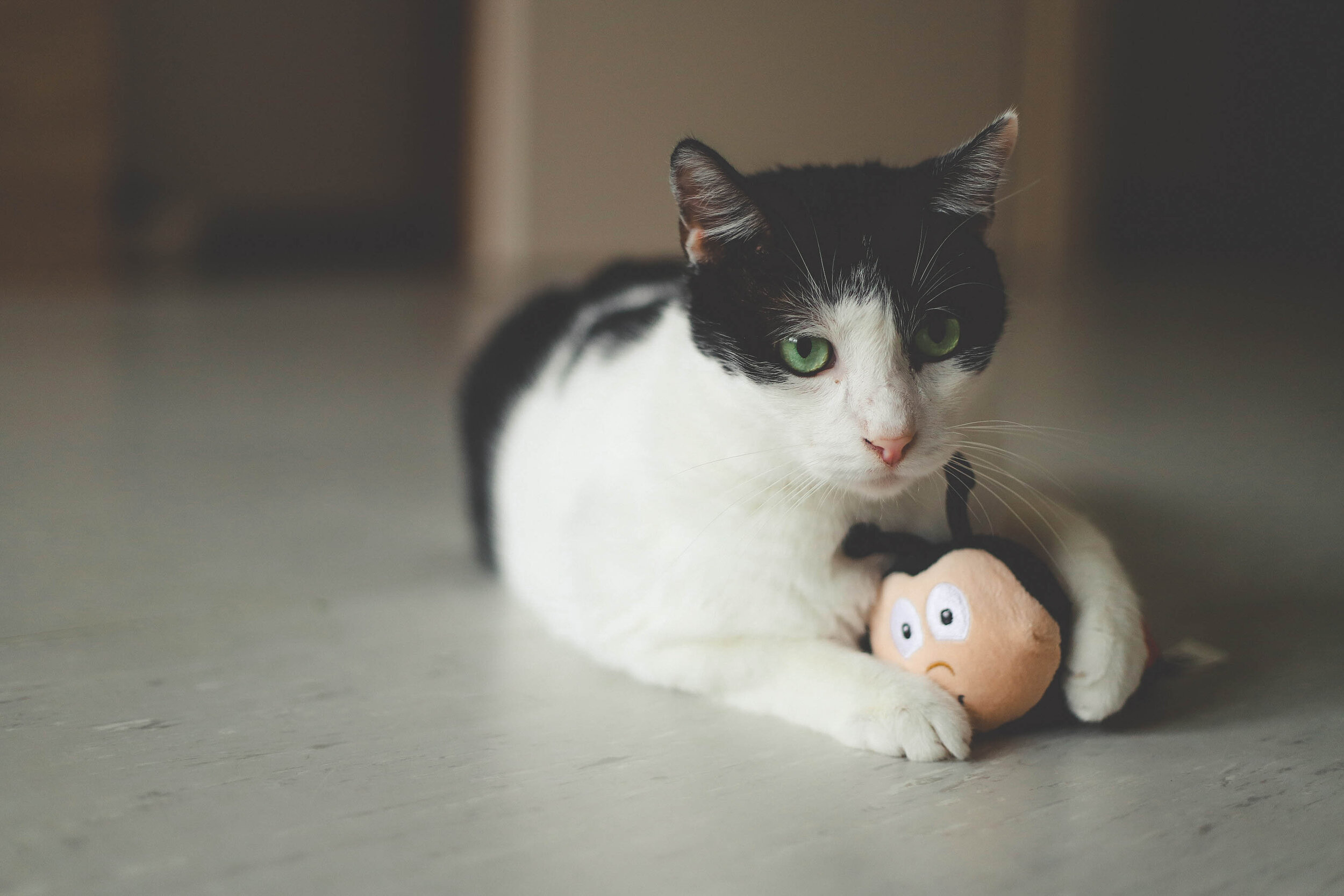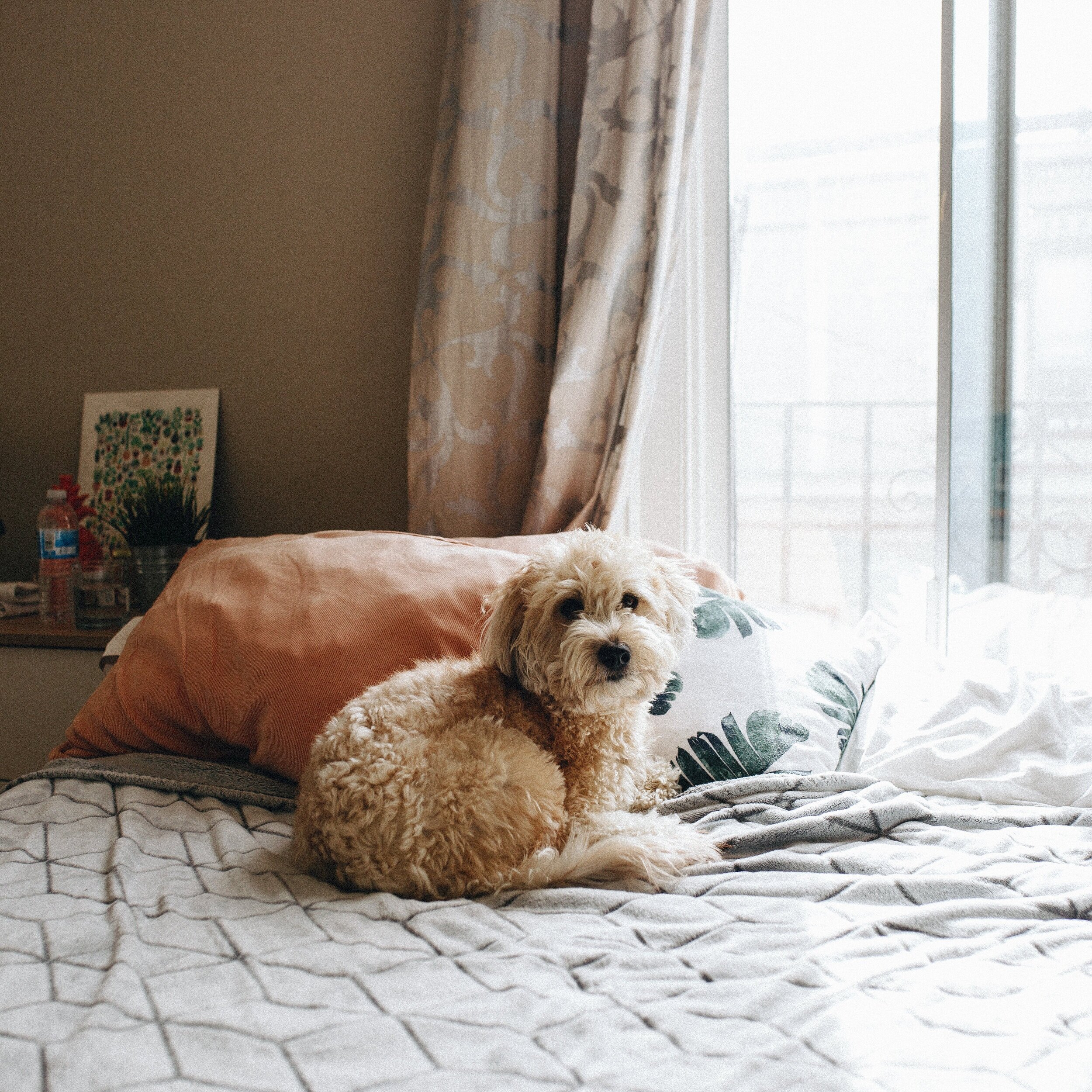5 Tips to Help your Pet through Separation Anxiety
We have all been spending more time at home lately, which means our pets have been enjoying lots of extra company and attention. As restrictions start to ease, we are finding new ways of living and working, which can involve a number of changes and less time spent with out pets. This may take time for you pet to adjust and in some cases, this can result in separation anxiety.
Some pets will be happy about the change. Cats for example may be glad to get their home back to themselves. However, some animals, in particular dogs may turn to destructive behaviour and barking which are big indicators that your pet is struggling.
Common signs of separation anxiety include:
Excessive howling, barking or whining
Indoor accidents, despite being house trained
Destructive behaviour ie. chewing, digging, scratching
Drooling, panting or salivating more then usual
Pacing, often in an obsessive pattern
Trying to escape
There are a number of calming steps you can take to help your pet through separation anxiety and learn that being alone is okay.
Build up over time
Start out slowly by leaving your pet alone for short periods of time such as 30 seconds to 5 minutes. Once they are comfortable with short amounts of time, gradually increase ie. 20 minutes, 45 minutes, 1 hour.
Keep increasing the time you spend away until you can leave for the full amount of time that you require without any problems.
Exercise before you leave
Giving your pet some exercise before you leave for work can tire them out, placing them in a calm, restful state before you leave. If you have a dog, take them for a walk, play fetch or an indoor game. For cats and other pets this can include playtime and cuddles. Before you leave, make sure they have plenty of water and a comfy bed to relax in.
Providing plenty of physical and mental stimulation is a vital part of treating many behavioural problems, including anxiety. Pets thrive when given lots of love and attention and opportunities to exercise and play. Exercising your pets mind and body can increase their overall happiness, reduce stress and provide appropriate outlets for normal pet behaviours. Besides, a physical and mentally tired pet doesn’t have the energy to expend when left alone.
Stay calm and assertive
When you are ready to leave, try to put any guilty, nervous or concerned feelings aside. Instead stay calm and assertive, which will let your pet know that everything is going to be okay, helping to ease their anxiety.
Don’t make a big deal when you leave for the day or when you return. Calmly say goodbye when you leave and when you come back, quietly say hello. Save the excitement and big affection for later. This will communicate to your pet that time apart is no big deal.
Comfort items and extra toys
Make sure they have some extra toys to prevent boredom. Items that have your scent such as worn clothing can help your pet relax and remember that you will come back.
Hide treats around the house for them to find while you are away. You can also offer your pet a frozen food stuffed toy, food puzzle or automated toy to keep them occupied. Another option is to play soothing nature sounds to help your pet relax and fall asleep.
Change the going away signals
If your pet gets nervous when seeing signs you are about to leave, like grabbing your keys or putting your shoes on, work on those cues. Grab your keys, then put your shoes on and sit down at the table. Or pick up your keys and watch TV. Try doing this many times until your pet feels less anxious about these cues.
Once they are comfortable with the cues, try leaving through a different door, but only for a few seconds and come back. As your pet’s comfort grows, slowly increase the amount of time you are gone until you can leave for the full amount of time you require without any problems.
If you suspect your pet is suffering from separation anxiety, there are a variety of ways we can help. Simply give us a call on 03 8784 4444.



